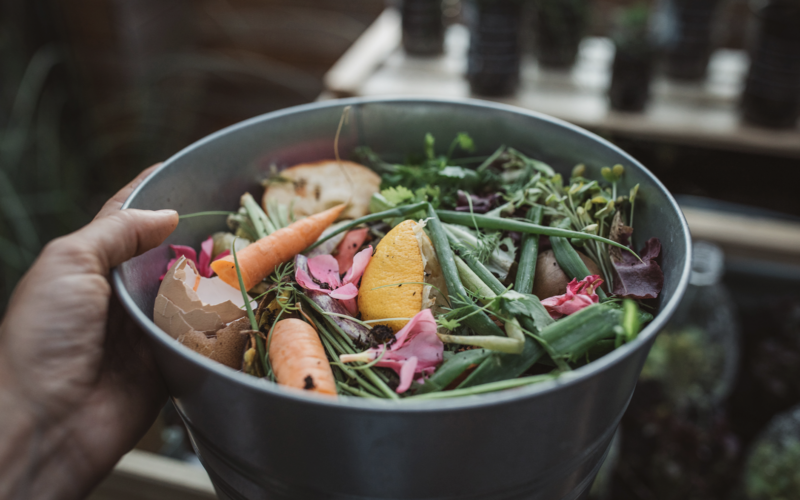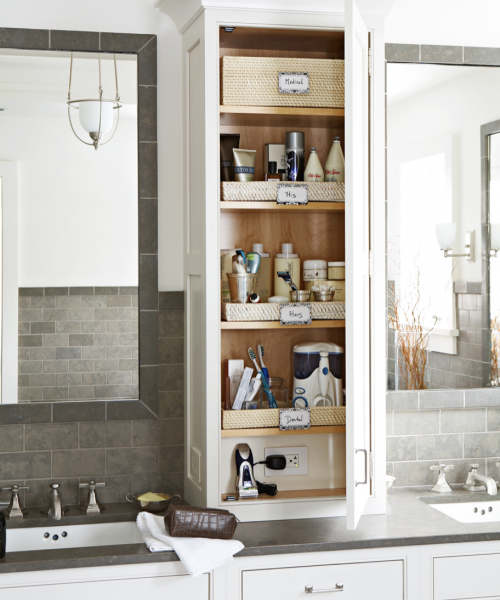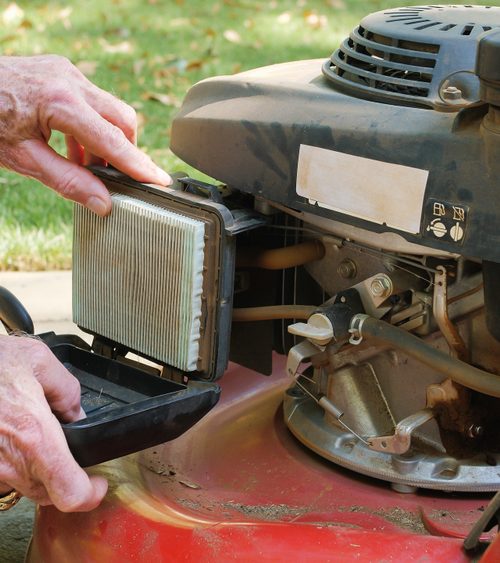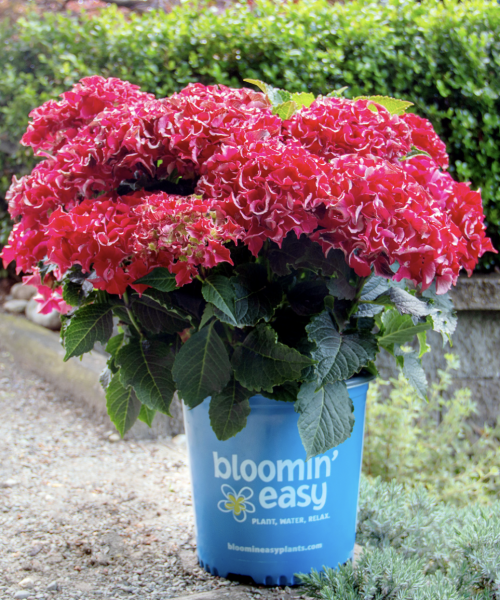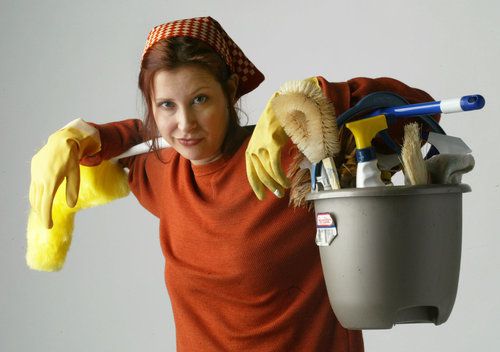By Rita Pelczar | BHG.Com
Troy Warren for CNT
Plus, a few surprising things you actually can add.
Composting is a simple way to turn your kitchen and yard wastes into something useful for your garden. But not all of these materials are equally good to compost for one reason or another. For example, some food wastes will create an odor that may attract pests. And certain yard wastes can slow down or halt the decomposition process, which can be frustrating. Plus, you don’t want to add anything that could harm you or your plants when you use the finished compost in your garden. Here’s what you definitely should leave out of your compost bin, along with a few household wastes that you probably didn’t know you could compost.
What NOT to Compost
While there are a few materials such as onion scraps, citrus peels, egg shells, and stale bread that are best added only in small amounts, the following items should never be put in your compost bin.
1. Meat and Fish Scraps
That fishy stench of old seafood or the fetid smell of rotting meat are foul smells, to be sure. But the same repulsive scents are magnets for skunks, raccoons, rats, flies, and a lot of other wild critters, and even for a few neighborhood pets. So if you don’t want to provide a picnic for your local fauna, never put meat, fish, or bones in your compost pile. Even if you have a closed compost bin, the scent may draw unwanted pests to the area.
2. Dairy, Fats, and Oils
Dairy products such as cheese, butter, milk, sour cream, and yogurt, as well as fats and oils, should be avoided for the same reason; they attract unwanted visitors. Processed foods that contain a lot of dairy or fat should also be left out.
3. Plants or Wood Treated with Pesticides or Preservatives
Never add any plants that have been treated with insecticides, fungicides, or herbicides to the compost pile. The residue of chemicals used in the garden to kill insects and control plant diseases can unintentionally kill the beneficial composting organisms. Residue from herbicides may affect plants in the garden after the compost is added. The same applies to wood that has been pressure treated, painted, stained, or varnished.
4. Black Walnut Tree Debris
Most untreated garden and yard waste makes a fine addition to your compost pile, but there are exceptions. Black walnut leaves, twigs, and especially the roots contain a natural substance called juglone that stunts the growth of many plants and may even kill them. Certain plants seem more sensitive, including edible crops such as tomato, pepper, and potato, and ornamentals such as azalea, viburnum, hydrangea. With enough time and heat, research has found that juglone breaks down enough to lose its toxicity, but it’s better to leave out black walnut debris than deal with potential problems later on.
5. Diseased or Insect-Infested Plants
It takes a hot compost pile (one that reaches and maintains a temperature of 141°F to 145°F for at least several days) to kill insects and disease pathogen such as fungi and bacteria. However, most home compost bins and piles never reach such high temperatures, so it’s possible for pests and diseases to survive in them.
6. Weeds that Have Gone to Seed
The same applies to weeds that have developed seeds, which generally can survive unless compost temperatures reach 145°F. There’s no sense in sowing next year’s weed crop while spreading your finished compost.
7. Charcoal Ash
Although you can add ashes from your wood-burning fireplace or outdoor fire pit (in limited quantities) to your compost bin, you should skip coal and charcoal ash. First of all, these materials contain lots of sulfur, which can make your finished compost too acidic for most plants. Secondly, charcoal briquettes are often infused with chemicals that can harm plants when you add the compost to your garden.
8. Dog or Cat Waste
Dog and cat poop never should go in your compost pile. They can turn the end product into hazardous waste, because both cats and dogs can carry bacteria and parasites that cause human disease. Roundworms are the most common issue with dog poop. Cat feces and cat litter are an even greater concern because they can carry the organism that causes toxoplasmosis, a disease of particular concern to pregnant women because it can cause serious injury to an unborn child.

Surprising Things You Can Compost
Now you know the don’ts to avoid, but there are also plenty of waste products you can add to your compost bin that you probably never thought of. However, only add the following items if they are free of any of the aforementioned no-nos.
- Hair and fur
- Dryer lint
- Aquarium plants
- Home brewing wastes (spent hops and malt)
- Used paper napkins and paper towels
- Old herbs and spices
- Unpopped or burned popcorn
- Cardboard and paper plates (small pieces, uncoated)
- Wooden chopsticks and toothpicks
In Other NEWS


























